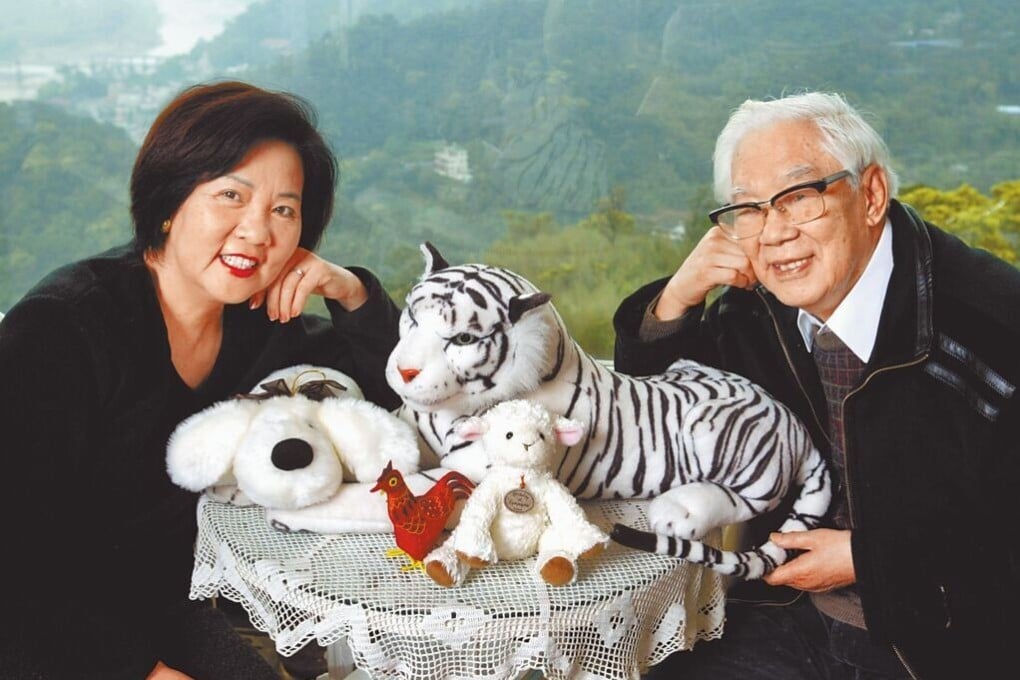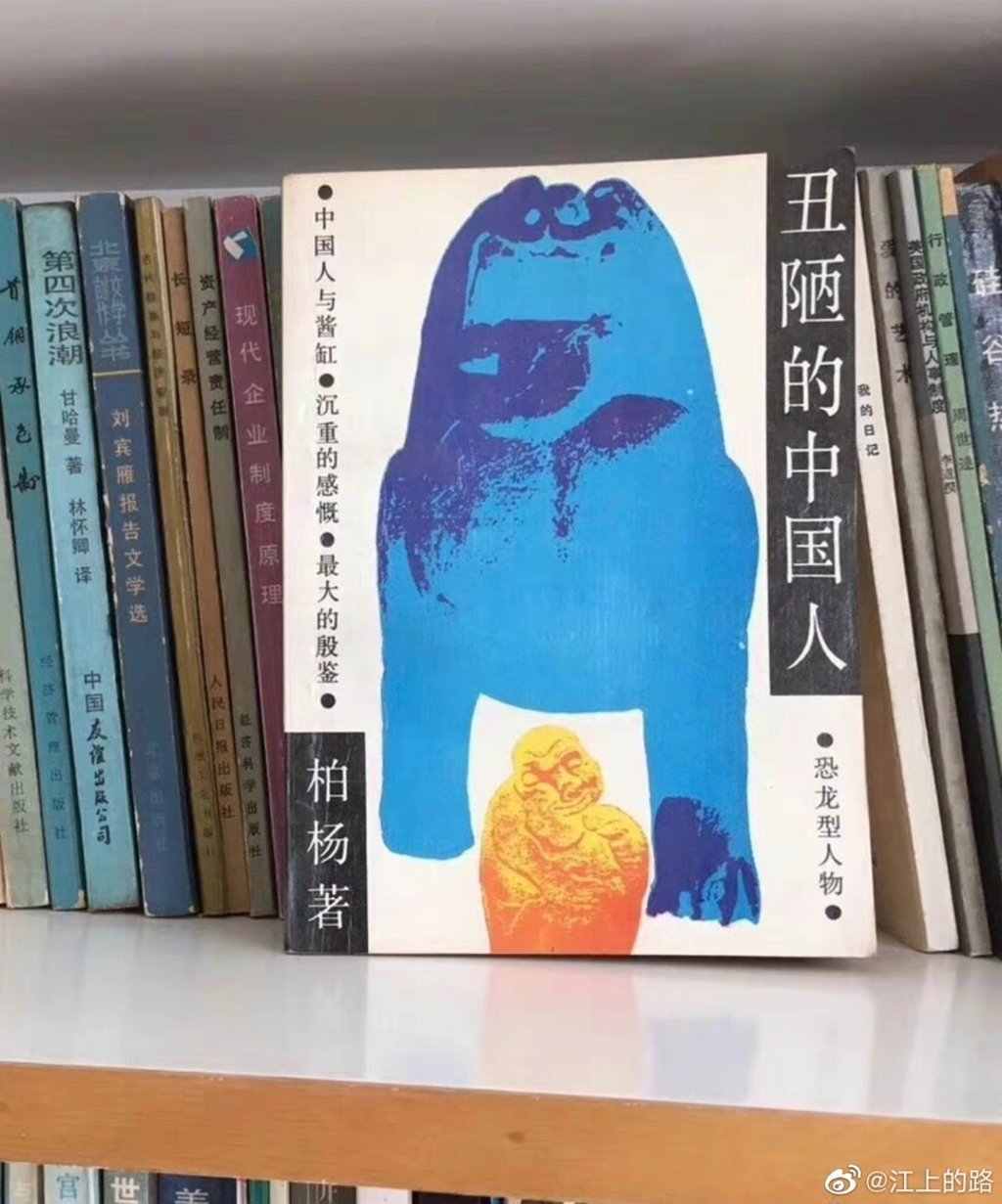Explainer | Why it is the end of the road for The Ugly Chinaman
- Late Taiwanese author Bo Yang gained notoriety with his harsh critique of how Chinese viewed their own culture and the country’s modernisation
- There will be no further editions after contracts expire in 2024, as widow says book has served its purpose

Chang Hsiang-hua, a writer, poet and teacher, has decided to permanently suspend publication of The Ugly Chinaman after existing contracts expire in 2024, according to Taiwan’s China Times newspaper.
This came after Chang repeatedly rejected requests to include excerpts of the book in Taiwan’s Chinese-language curriculum, citing the “inappropriateness” of its content as well as the anti-mainland sentiment in the island’s school system.
Who was Bo Yang?
Bo Yang was the pen name of Guo Yidong, a Taiwanese writer, historian, philosopher and human rights activist who died in 2008 at the age of 88.
What is ‘The Ugly Chinaman’ about?
The work originated from a speech Bo Yang delivered at the University of Iowa in 1984. The speech was later published in a Hong Kong magazine which set off controversial literary battles among its readers. It was subsequently compiled as a book with other essays and readers’ letters, and went through numerous reprints. The book was reportedly banned in mainland China until 2000.

